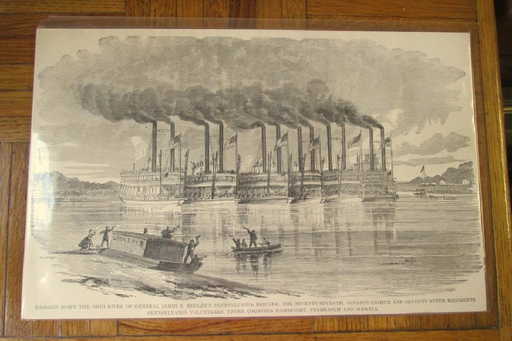Antecedents (part B)
by
Charles Lamson
Characteristics of Antecedents
1. Antecedents come before the behavior. While at this point in the analysis it should be obvious that antecedents come before behavior, many people confuse antecedents with consequences. A common example is a threat: "If you don't shape up by the end of the month, you can look for another job!" That sounds like a consequence, but in reality it is an antecedent for improved job performance. As such, it has only limited effect on improved job performance. While the emotion that usually accompanies such statements makes them sound powerful, the consequence that follows determines whether threats are effective, not how loud or long those threats are. Former president Theodore Roosevelt said it well, "Speak softly and carry a big stick." He obviously understood the relative power of antecedents and consequences.
 |
2. Antecedents communicate information. One aspect of an antecedent is that it communicates information about behavior and its consequences. Antecedents may tell someone what to do, when to do it, and often, how to do it. A sign saying Persons in This Area Must Wear Safety Glasses at All Times states the desired behavior. Another sign may say Ring Bell for Service. This antecedent communicates information about both the desired behavior and its consequences. An automobile gas gauge with the needle pointing to the E tells us that continuing to drive without getting gasoline will result in negative consequences. However, the amount of information an antecedent contains is not nearly as important as its relationship to consequences. We usually learn more from the consequences of our actions than we do from the antecedents.
Johnson (1975) conducted a study to examine the relative effect of antecedents and reinforcement in producing stable performance change. In the initial part of the study, he reinforced 108 business college students for high-speed performance on a keypunch task. All subjects were subsequently subjected to a variety of experimental conditions.
To test the effectiveness of antecedents on performance, he exposed half the students to persuasive influences such as a plea for increases in quality and an announcement that their pay would be heavily influenced by quality. The other half received none. To test the effectiveness of the reinforcement, he varied the conditions under which they were paid. During different phases of the experiment, all of the students were paid for either quality (accuracy of their work) or quantity (speed with which they key-punched cards).

The results were that the announcements and the plea for quality had no effect on the level of quality. On the other hand, their performance changed as the reinforcement changed. When they asked for quality but paid for quantity, they got an increase in quantity and a decrease in quality. When they paid for quality, they got an increase in quality but no corresponding increase in productivity. In other words, the experimenters got what they paid for, not what they asked for. Johnson concludes:
Antecedents are relatively ineffective if they oppose a previous reinforcement history or if they conflict with an active reinforcer. The findings are also consistent with other research in demonstrating that reinforcement control is necessary for performance change. Finally, the study indicates that, under some circumstances, reinforcement alone may be sufficient to produce performance change.

3. Consequences may also be antecedents. A consequence to one person may be an antecedent to another. For example, when we see someone do something that leads to a positive consequence, this may increase the likelihood that we will behave similarly under the same or similar circumstances.
Advertising, of course, tries to take advantage of this by showing successful people using a particular product, hoping that it will be an effective antecedent for the behavior of purchasing the product. Employee performance is constantly affected by what people see being rewarded and punished at work. If they see hard work pay off, they will probably work harder; if one employee is continually late to meetings with no negative consequences, others will tend to be less punctual. If they see risk-taking being punished, they will take few risks.

Consequences of one's own behavior also acts as an antecedent for additional behaviors. This effect is probably best illustrated by a once popular potato chip commercial with the tag line. "Betcha can't eat just one!" The taste of each chip (a consequence of eating) was an antecedent for the behavior of eating another one.
*SOURCE: PERFORMANCE MANAGEMENT: CHANGING BEHAVIOR THAT DRIVES ORGANIZATIONAL EFFECTIVENESS, 4TH ED., 2004, AUBREY C. DANIELS & JAMES E. DANIELS, PGS. 106-108*
end
|

No comments:
Post a Comment